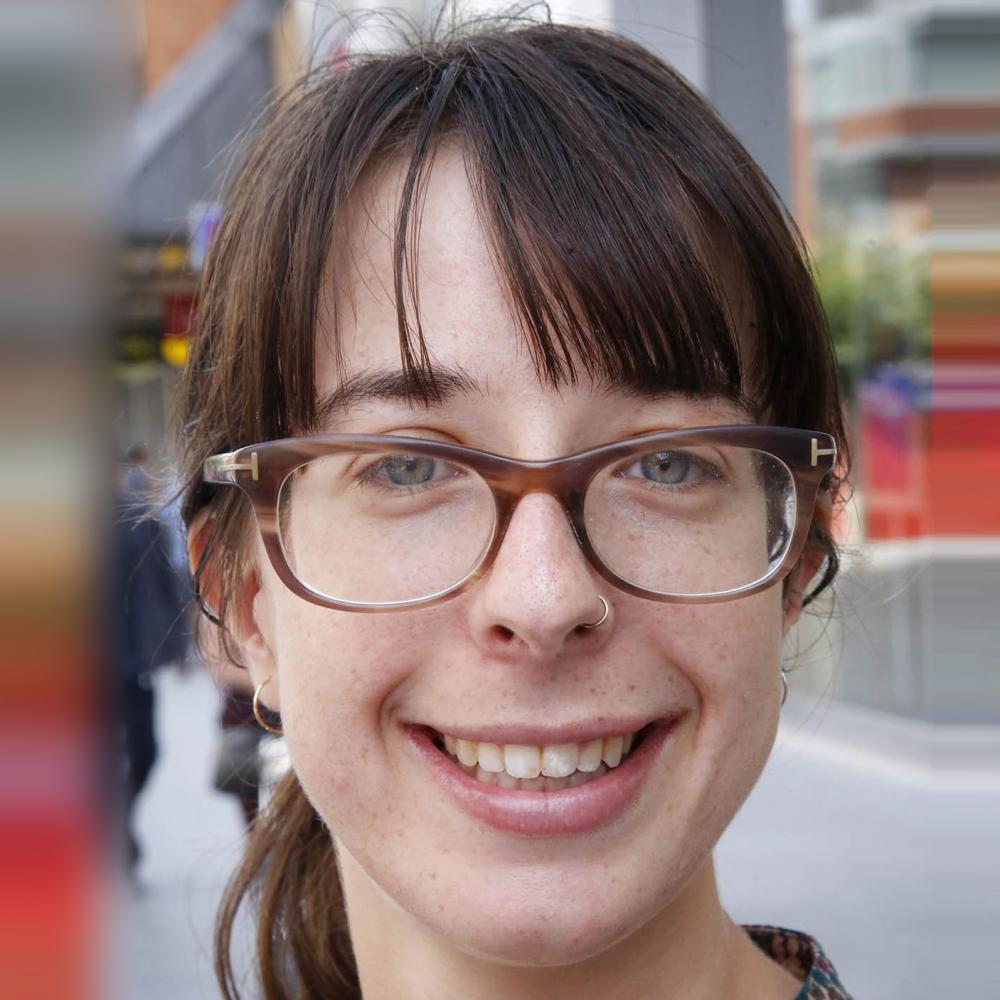British student criticises competitive UK medical courses after securing university place in Italy
The straight-A British student who was rejected twice to study medicine in the UK is frustrated but looking on the bright side as he reflects on his first months studying in Italy instead.
- Admissions
- Careers
- Study abroad
Share
For another side of the story, read medical student blogger Katie's defence of the admissions process.
A straight-A British student who was rejected before interviews to study medicine in the UK for a second year running is looking on the bright side as he reflects on his first months studying in Italy instead.
Harry Phillips, speaking to , criticised the limited spaces on UK medical degrees but admitted that he is looking forward to a lighter load of student debt than he would have faced in the UK.
Despite ultimately securing a place at the University of Pavia, near Milan, 19-year-old Harry feels frustrated that the number of placements at UK universities fails to meet the demand for doctors in the NHS.
He complained to his MP and to NHS England, who advised him to put his ambition on hold until there were more private medical schools offering courses, an option described by Harry as “impractical” due to the high tuition fees these institutions would charge.
He told the Shropshire Star: “For me studying in Italy, the cost is manageable, with living costs being comparable to the UK, and the maximum tuition fee being around 3,500 euros [£2,575] per year, easily reduced to half that amount with the correct documentation.
“It’s a squeeze on my family, but nothing like the tens of thousands of dollars they would charge in the USA, and I will graduate without the life-sized debt many in the UK will have from the Student Loans Company.
“Happy as I am to be back on my career path, these circumstances are far from ideal, as I would give anything to be a student in the country I was born in, raised in and love.”
Although he has A grades in A-level biology, chemistry and history, and spent a gap year working at a local minor injuries unit, Harry found himself rejected from all UK universities he applied to for a second time last year, before even getting through to the interview round.
But after receiving high results in the for English-taught medical courses in Italy, Harry finally achieved his dream and was offered a place to study medicine on a six-year degree that will still give him the opportunity to work in the UK.
He explained: “The course seems to be structured more traditionally, with academic teaching making up the first few years of the degree and clinical training coming later. This is beneficial to me, as it gives me time to learn basic Italian before I have to engage with patients.
“On completing my medical training, as long as I am fully registered and qualified to work within Italy which is a member of the European Economic Area, then registering with the General Medical Council in the UK should be a simple matter, allowing me to return home to the UK and work.
“A language test is usually required for European applicants but this is not a concern for me, seeing as English is shamefully the only language I know – something which I am currently attempting to change.
“In terms of job opportunities, a degree in medicine from a respectable Italian university will open up many doors for me, though there will always be competition for the most sought-after professions. In this respect, my prospects will be much the same as those in the UK.”
